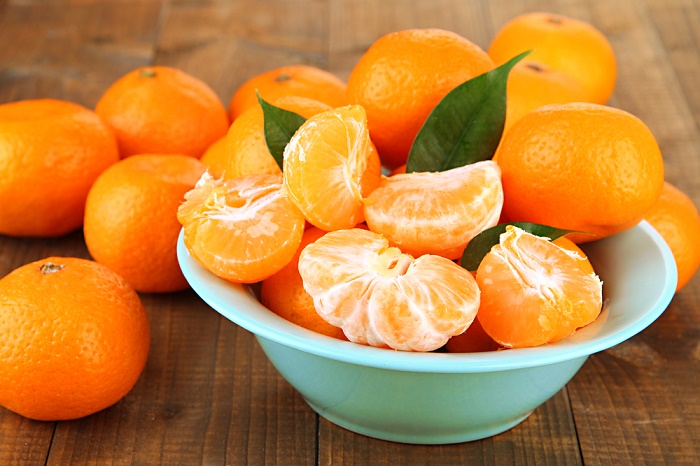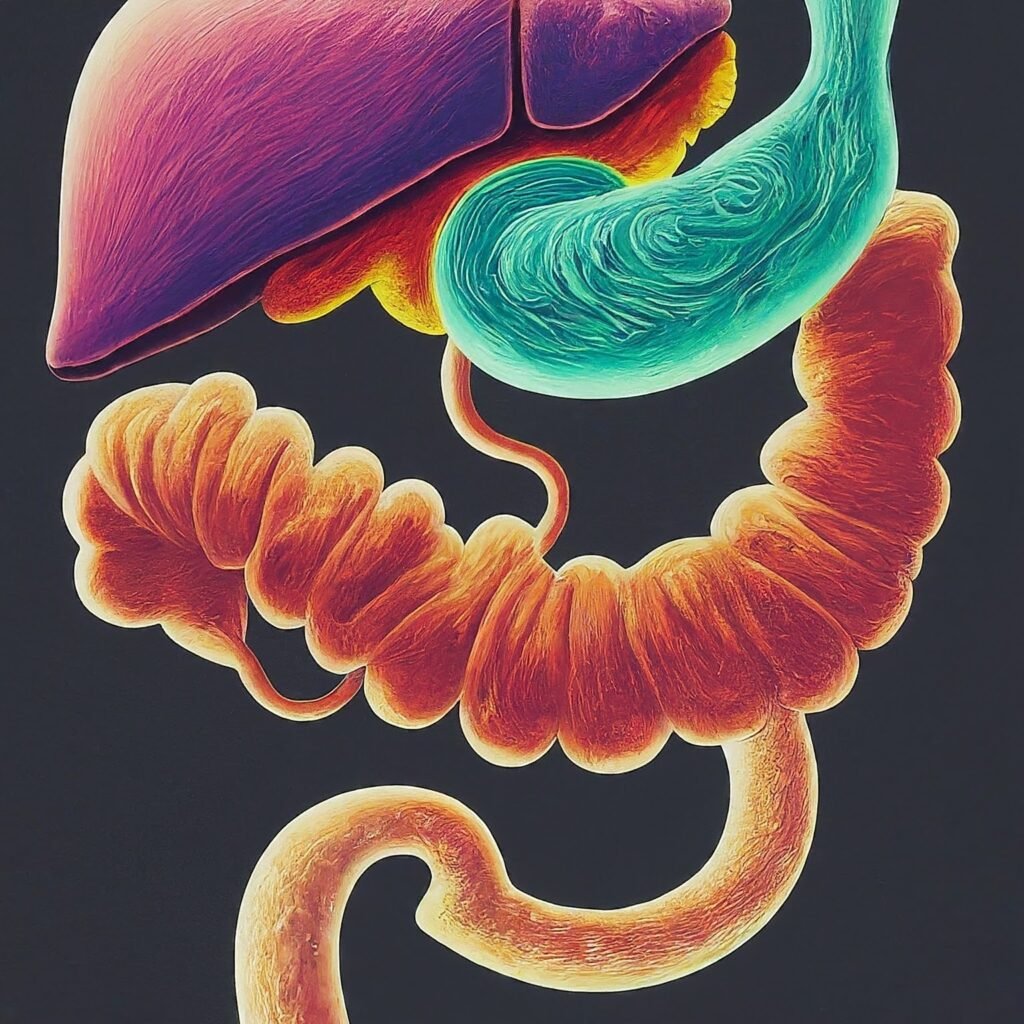Health benefits of tangerine

Mandarin (Citrus Tangerina), is one of the tastiest citrus fruits rich in vitamin C. It can also be used as an herbal supplement to magnify the benefits for the human body.

Table of Contents
Tangerine trees
Tangerines grow on small trees that originally came from China and Japan. The plants were first brought to Europe and later ended up in the United States. The fruit is bright orange, similar to an orange and easy to peel.
The Latin name for the mandarin is Citrus reticulata. In Chinese medicine, the name chen pi refers to the ripe dried peel of a tangerine, qing piq refers to the immature peel of the tangerine, and ju he refers to the seeds.
Health benefits of tangerine.
The tangerine peel is very aromatic and has a pungent bitter taste. Compared to the flesh of the tangerine, the peel has more antioxidants and flavonoids that can prevent cancer and improve the effectiveness of vitamin C in the body. Additionally, tangerine essential oil can provide many benefits to those who use it.
Mandarin helps in digestion.
Helicobacter pylori bacteria have been found to contribute to peptic ulcers. Doctors often treat ulcers with antibiotics to kill this bacterium, however, tangerine supplements have been found to inhibit the growth of the H. pylori bacteria. This means that if you are suffering from a stomach ulcer, tangerine supplements can help you heal.
Obesity and atherosclerosis are fought with mandarins.
Laboratory studies have examined the effects of nobiletin, which is a compound naturally found in the white parts of tangerine peels. This compound helps prevent the development of obesity or atherosclerosis. Atherosclerosis refers to the accumulation of fat in the arteries that can lead to a heart attack or stroke.
Insulin regulation.
In other studies, with compounds from mandarin orange, insulin and glucose levels were also noted to improve. Although scientists are still exploring the links between tangerine supplements, weight, and diabetes, preliminary studies indicate that this fruit may help prevent these types of problems.
Tangerines lower cholesterol.
A study in 2004 indicated that a compound commonly found in tangerine peel, the polymethoxylated flavones (PMFs), helps lower bad cholesterol, and HDL (good cholesterol) was not affected by supplements.
Fight against cancer.
A British study in 2007 has shown that certain compounds called salvestrols, which are found in abundance in tangerine peels, can cause cancer cells to self-destruct. Preliminary results indicate that cancer patients may benefit from taking a tangerine supplement. Although no clinical trials have been conducted in people, the evidence is promising.
Mandarin essential oil uses.
Mandarin essential oil contains anti-fungal and antiseptic properties. For this reason, tangerine essential oil can be helpful in preventing and treating acne or skin infections. It can also be used for the prevention of stretch marks. Additionally, open wounds can benefit from the antiseptic properties of mandarin oil.
Taken internally, mandarin essential oil can help heal digestive problems by fighting the growth of bacteria in the stomach. The smell of tangerine oil smells clean and fresh. Many believe that the smell of tangerine oil is calming when one is over-excited or stressed. In aromatherapy, tangerine oil can be used as a sedative to aid in rest and relaxation.


